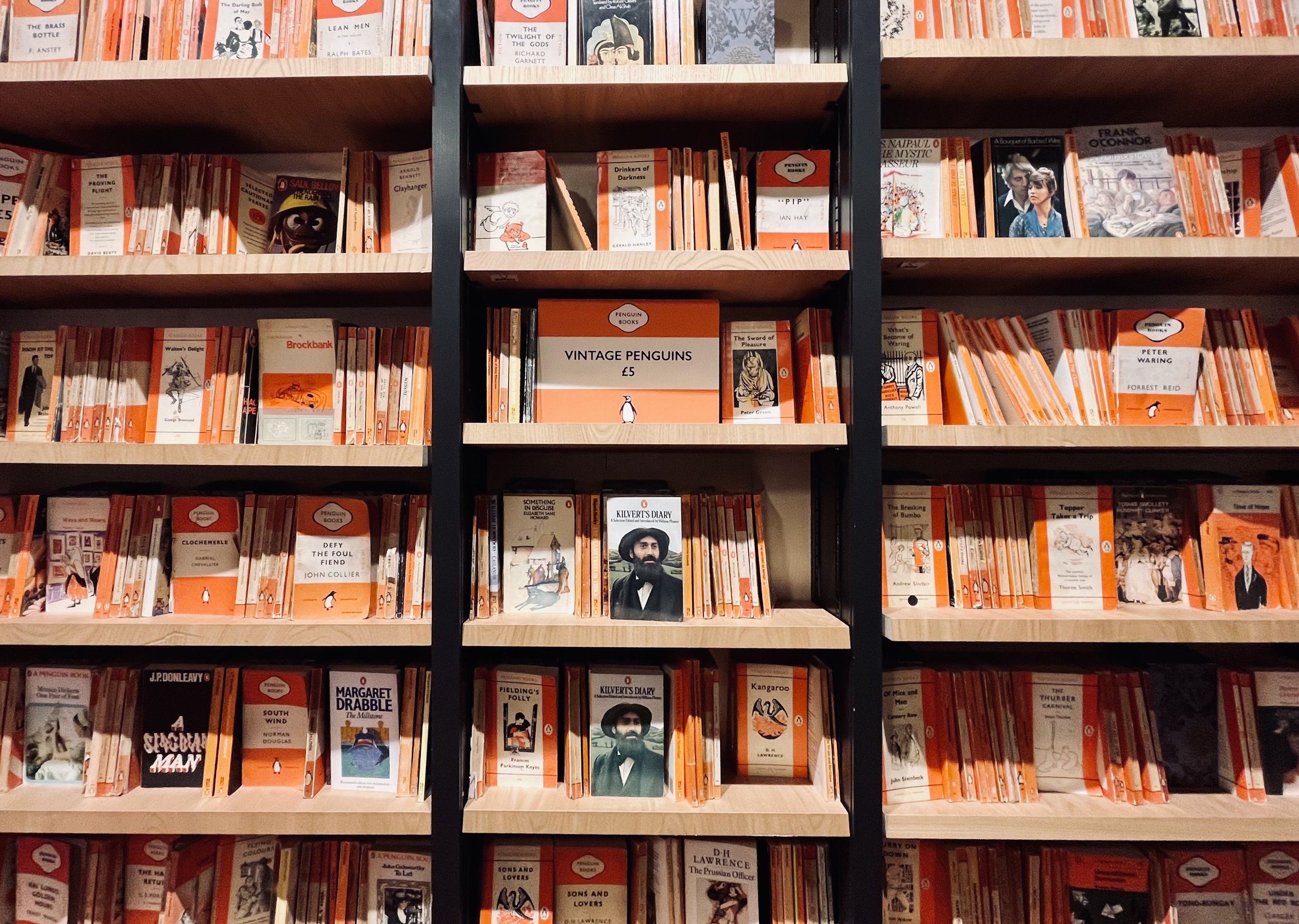6 New Books I'm Excited about This Year. (2023 Edition) Pt. I
Hello friends,
Hope this letter finds you well!
By the time I sat down to write this to you, many of the books I wanted to mention had already been released. One of them is Rick Rubin’s The Creative Act: A Way of Being. It’s an outstanding book and I will delve deeper into it soon, but for now you can check some of my favourite quotes from it on this Twitter thread I created.
Another book that’s already out is John Sellars’s book on Aristotle. I recently interviewed him for my podcast, where we discussed how philosophy can make us resilient. The episode is coming very soon. If you’re interested don’t forget to follow my podcast wherever you get your podcasts from.
And of course I’ve to mention that , one of the greatest novelists of our time, the Nobel-Prize winner Mario Vargas Lliosa has released a collection of his essays called The Call of the Tribe. In The Call of the Tribe, Mario Vargas Llosa surveys the readings that have shaped the way he thinks and has viewed the world over the past fifty years.
Digression: If anyone here speaks Spanish please translate Lliosa’s book on Borges. I am super close to learning Spanish just for the sake of reading this book.
I enjoyed every book written by Rovelli so far. His collection of essays has a permanent residence permit on my bedside table. The premise of this new book is to tell us about one of the greatest scientists of all time - Anaximander. According to Publishers Weekly:
Rovelli makes the most of the available evidence in building his case that the philosopher's emphasis on natural causes marked a sea change in human thought.
Humanly Possible by Sarah Bakewell
Sarah Bakewell wrote two books and both of them became bestsellers. I recommended both of them to you in my previous newsletter. In her new book she embarks on exploring the ideas of humanism. Here’s the blurb from the back of this book:
Humanly Possible introduces us to some of these people, as it asks what humanism is and why it has flourished for so long, despite opposition from fanatics, mystics and tyrants. It is a book brimming with ideas, personalities and experiments in living - from Erasmus to Esperanto, from anatomists to agnostics, from Christine de Pizan to Bertrand Russell to Zora Neale Hurston.
How to Think Like a Philosopher by Julian Baggini
A great book for those who look for a light philosophy reads. Although I’ve not yet read this book (obviously), Baggini’s books are thought provoking and easy to read.
Here’s the description:
The key principles for a more humane and balanced approach to thinking, to politics and to life
All the Beauty in the World by Patrick Bringley
Here’s why this book ended up on this list:
Millions of people climb the grand marble staircase into New York's Metropolitan Museum of Art every year. Patrick Bringley never thought he'd be one of them. But when his brother was diagnosed with fatal cancer he quit his journalism job, and sought peace in the most beautiful place he knew.
To his surprise, this temporary refuge becomes his home away from home for a decade. Bringley enters the museum as a ghost, silent and almost invisible, but soon finds his voice and place among the lively subculture of museum guards. As his bonds with colleagues and the art grow, he learns how fortunate he is to be walled off in this little world and how much it resembles the best aspects of the larger world to which he gradually, gratefully returns.
It’s out in the U.S. and will be released in the U.K. on the 16th of March.
Justice for Animals by Martha C. Nussbaum
Martha Nussbaum is one of the most profound thinkers of our time.
In this book she offers us a new way of thinking about animal rights, ethics, and law. I have to be honest, this topic does not interest me. I do care for animals, but I leave that discussion in the hands of people who know more than myself. But knowing the depth and breadth of Nussbaum’s thoughts and ideas, I am keen to read this and see her take.
The Power of Trees by Peter Wohlleben
I am certain that you - my dear reader- have read Wohlleben’s previous bestseller on the life of trees. He opened your and my eyes on the power of trees and why trees were worshipped for millenia by our ancestors.
In this follow-up book, he is going to tell us about the power of ancient forests. Because today we think that we can cut a tree and plant another one to replace it. It doesn’t work like that. In the same way you cannot destroy Da Vinci’s Mona Lisa and replace it with a cheap copy, you cannot replace an ancient forest by simply planting a new one.
What didn’t end up on this list?
The One: How Ancient Idea Holds the Future of Physics by Heinrich Päs about the unity of the world is going to be an interesting read. He explores the idea of monism, which believes we are all part of a unified whole. Is Maths Real? by Eugenia Cheng is a great introduction to the world of maths for people who were always afraid of it. I wasn’t entirely sure whether to include Ashley Ward’s book called Sensational which I wasn’t sure about. Mainly because I haven’t heard about Ward before.
There will be a Part II of this email in June-July of this year.






